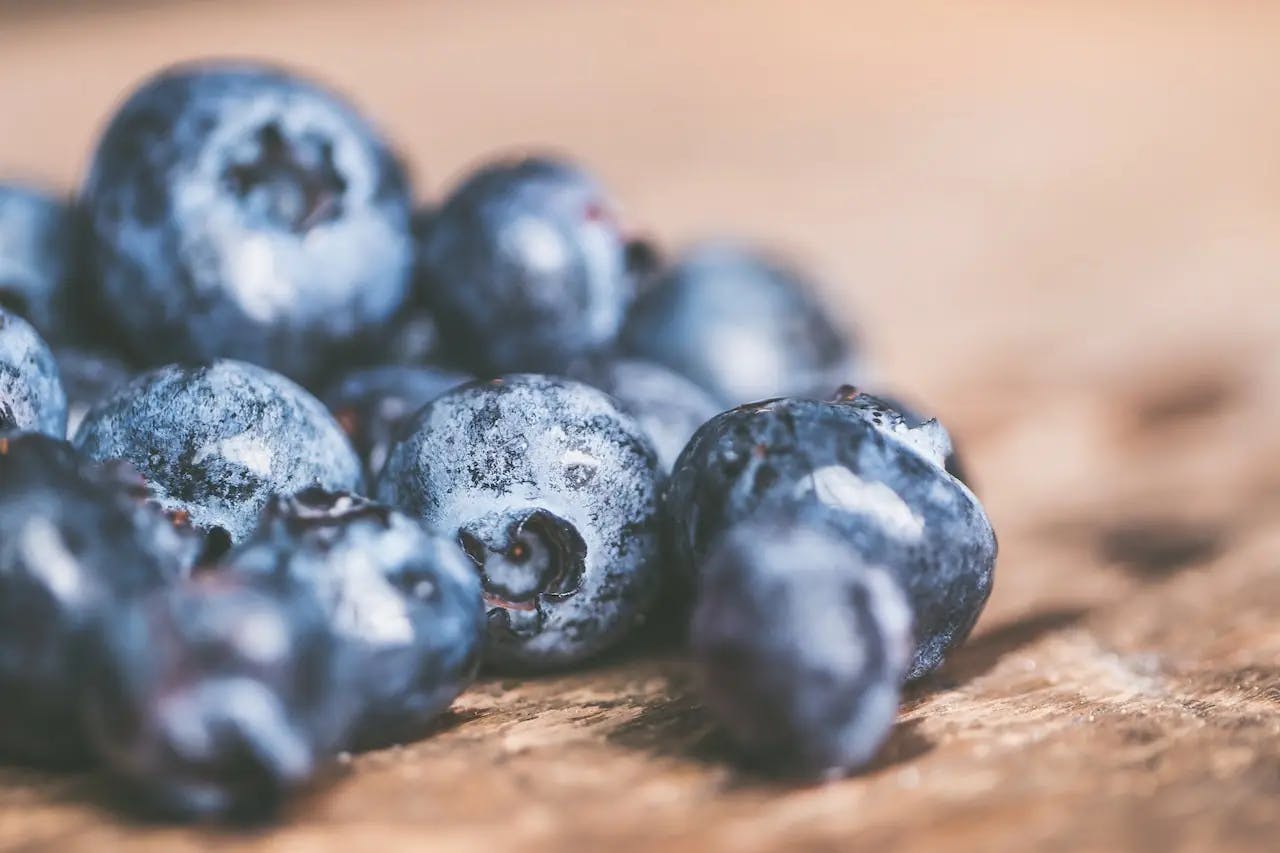Can Nootropics Boost Brain Function?
•Nutrition

Share
Wouldn’t it be great if you could take a natural substance to improve your memory, concentration and alertness automatically?
Well, there are several products on the market currently that aim to do just that. These substances are known as nootropics, and they are widely available to purchase in the form of gummies, pills, chewing gum and skin patches.
But do they work? Let’s find out!
What are Nootropics?
Coined by the Romanian psychologist and chemist Cornelius E. Giurgea, the term nootropic refers to compounds that potentially boost memory and learning.
Advocates of nootropics believe that they aid brain function by improving the transmission between nerve cells, maintaining the health of brain cells and assisting with energy production.
What Are Examples Of Nootropics?
Caffeine
One common example of a nootropic is caffeine, as it stimulates your nervous system. Caffeine is quickly absorbed into your bloodstream and distributed to all your tissues – including your brain. When absorbed into your brain, caffeine can improve your alertness, reaction time and mood.
Genetics can affect how fast your body metabolises caffeine, so some people may need to consume more than others to experience the brain-boosting effects. If you’re looking for a metabolism-boosting caffeine hit, you can get it via The Man Shake BOOST!
Caffeine
Creatine is an organic compound that helps the body create energy. It is often found in sports supplements but also has cognitive effects. A recent study conducted on healthy adults aged 66 to 76 found that those who took creatine supplements had improved short-term memory.
Although studies are limited, some side effects of creatine supplements include weight gain and gastrointestinal issues and may impact the liver and kidneys.
L- theanine
L- theanine is a nootropic that comes as a supplement, often in the form of chewing gum or a drink. In fact, it is the most common amino acid in green tea. Consuming L-theanine as a supplement could potentially increase alertness and a feeling of calmness due to the increased production of alpha waves.
Its direct effect on cognitive function is still up for debate, as studies have shown different outcomes on different people, regardless of how long they were taking daily supplements.
That said, there has been evidence that combining L-theanine with caffeine can increase alertness and reduce susceptibility to distraction.
Ashwaghanda
Ashwaghanda is a plant extract used in an ancient form of holistic Indian medicine known as Ayurvedic medicine. People who practice Indian Ayurvedic medicine believe that ashwaghanda can help improve memory and cognitive function.
A recent study found that healthy males who consumed 225-400mg of ashwaghanda daily for 30 days showed significant improvement in their ability to switch between tasks, recall images, recognise rules and make rapid decisions. There were similar effects seen in older adults with mild cognitive impairment.
When all is said and done, though, studies into ashwagha have been limited and have only ever been conducted for a short time – so further research is needed.
The Bottom Line
Creatine and caffeine have sufficient evidence for brain-boosting abilities but when it comes to safety and efficacy, results are inconclusive.
If you’re keen on trying any nootropic supplements, always consult your healthcare provider. Alternatively, you could try these mood-boosting foods, foods that help you focus, as well as foods that maintain brain health.






